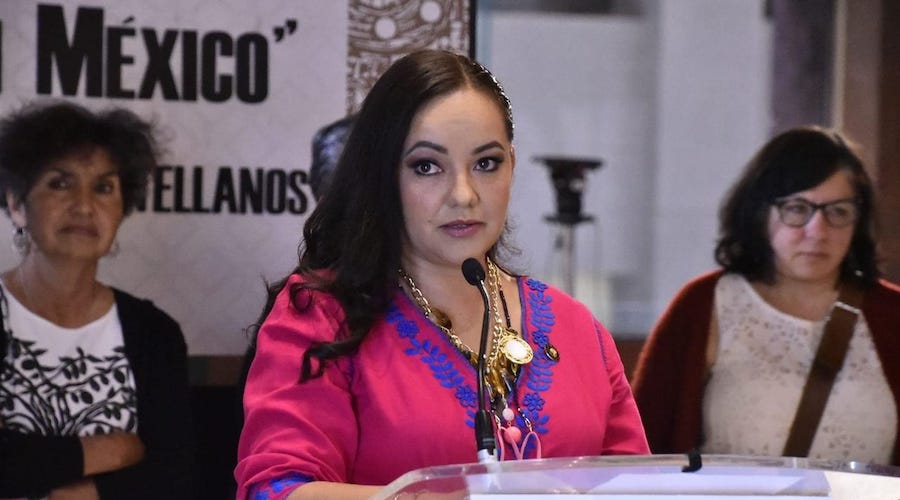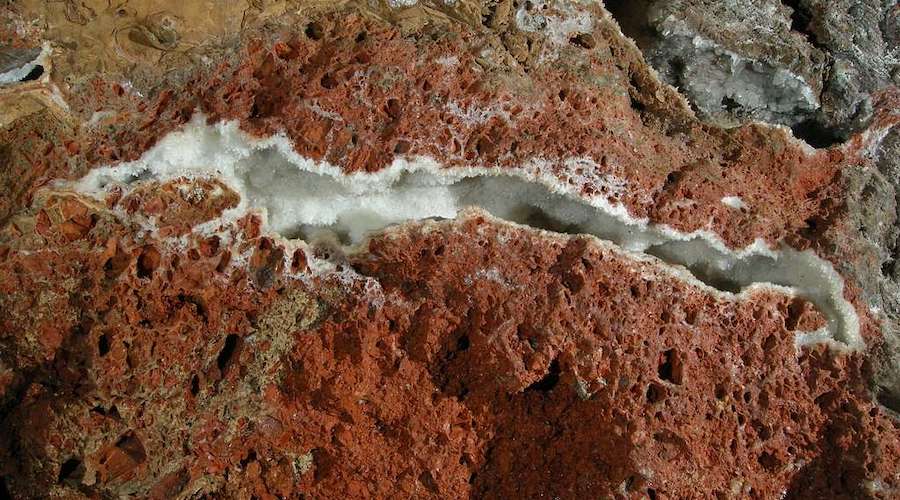Mining
Sunday, October 2nd, 2022 10:56 am EDT

During a press conference, Bustamante Castellanos deemed such confidentiality as out of date because it is a legacy of the negotiations that were taking place in 1992 when Mexico was pushing to join the North American Free Trade Agreement.
The MP for the ruling party Morena also said that moving towards transparency when it comes to access to information means that mining companies will also have to disclose their strategies to guarantee communities’ right to a healthy environment.
“This [1992] legislation allowed [miners] to cause irreparable damage to the ecosystems and territories where extractive activities are carried out. It has also had impacts on the health and wellbeing of entire populations,” she said.
As an example, the legislator mentioned the environmental and economic consequences residents of the Sonora River valley are still enduring following an accident that led to the spill of 11 million gallons of toxic waste from Grupo Mexico’s Buenavista copper mine back in 2014.
The draft amendment to Article 7 also states that mining companies’ information must be available and updated through Mexico’s Digital Systems of Geological Information and Cartography.
“The absence of timely, truthful, complete, and intercultural knowledge about the projects and their socio-environmental impacts has meant that Indigenous, Afro-descendant, and farming communities do not have the tools to adequately participate in the prior consultation processes,” Bustamante Castellanos said.
In her view, it is important to know all the details of mining companies’ operations because from 2012 to 2018 when Enrique Peña Nieto was in power, 11% of Mexico’s territory was ‘given away’ through mining concessions.
This post has been syndicated from a third-party source. View the original article here.




